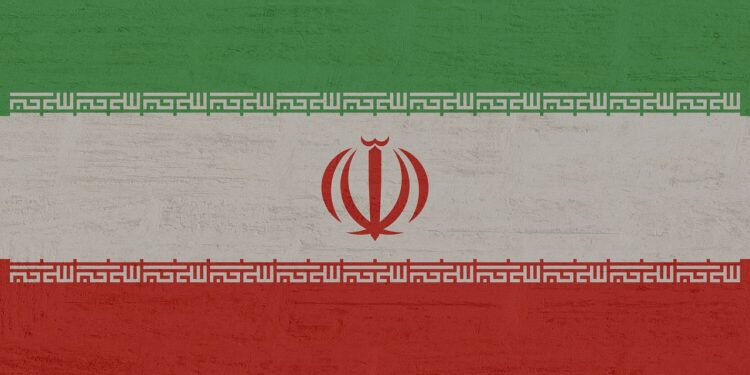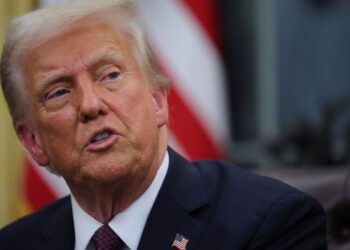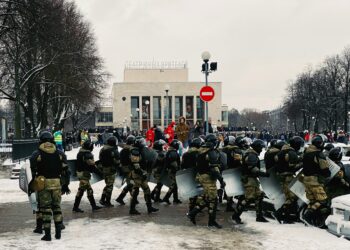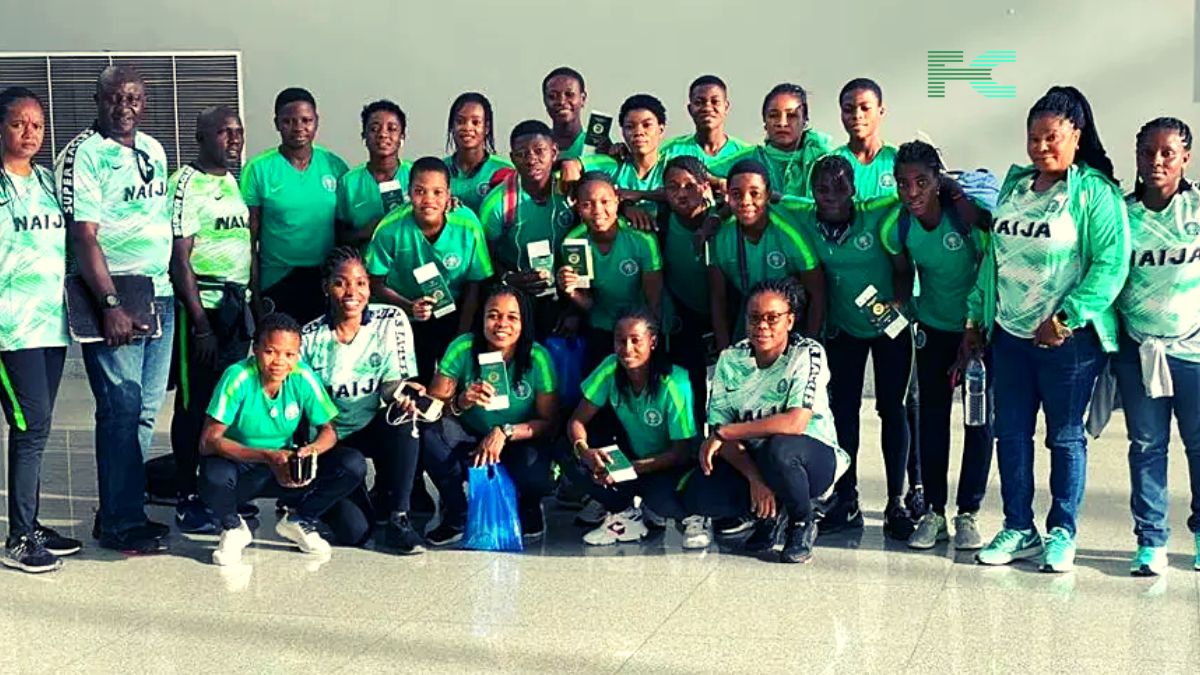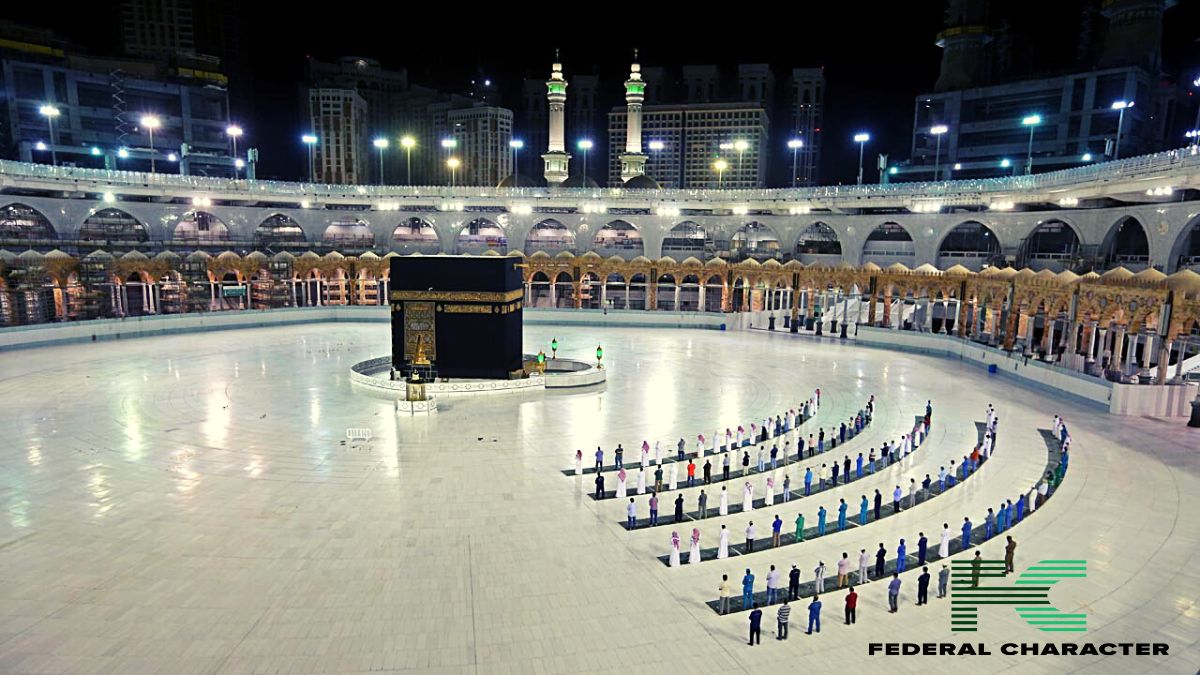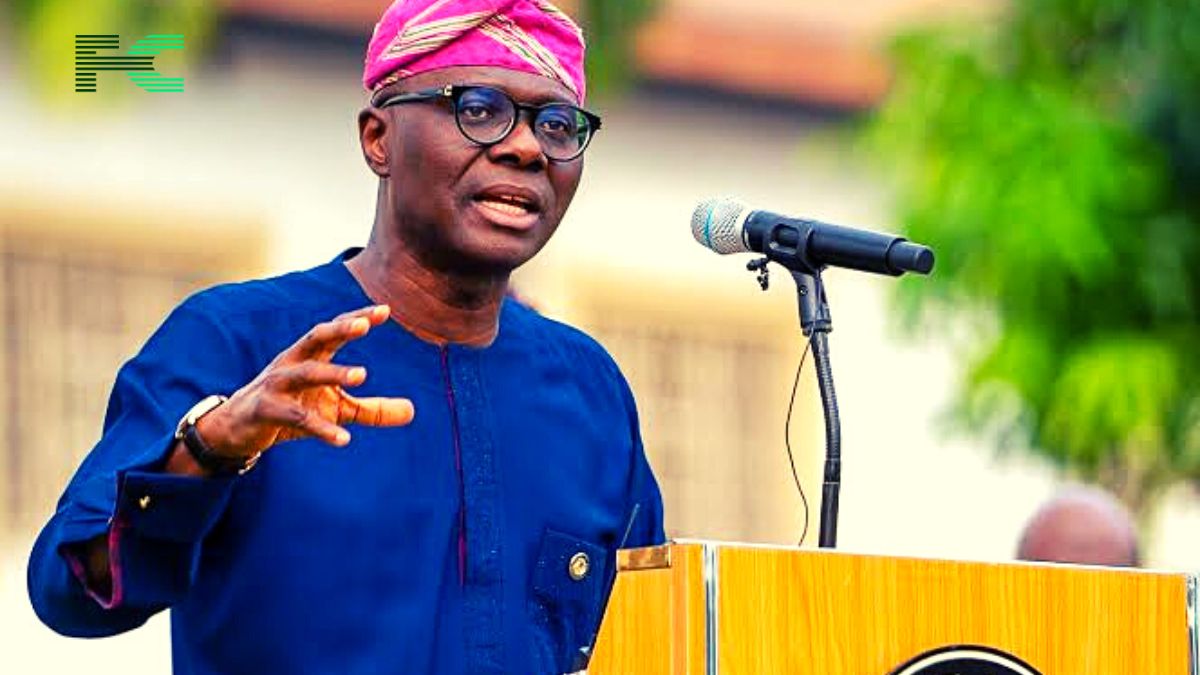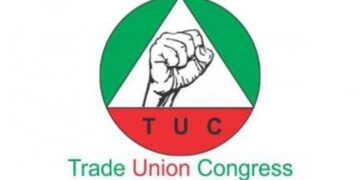Iran cornered again as UN reimposes sanctions, and the timing says more than the diplomats are willing to admit. For a country that has lived under punishment for most of its modern history, this latest decision feels less about preventing nuclear weapons and more about tightening the rope until Tehran either bends or breaks.
A Cycle That Never Ends
This is not the first time Iran has been dragged through the UN chamber over its nuclear program, and it will not be the last. Sanctions were lifted, hopes were raised, and deals were signed, only for everything to collapse the moment politics shifted in Washington. Now the arms embargo is back, uranium work is banned again, and Iranian officials are once more calling Western promises worthless. If this sounds familiar, it is because the world has been here before.
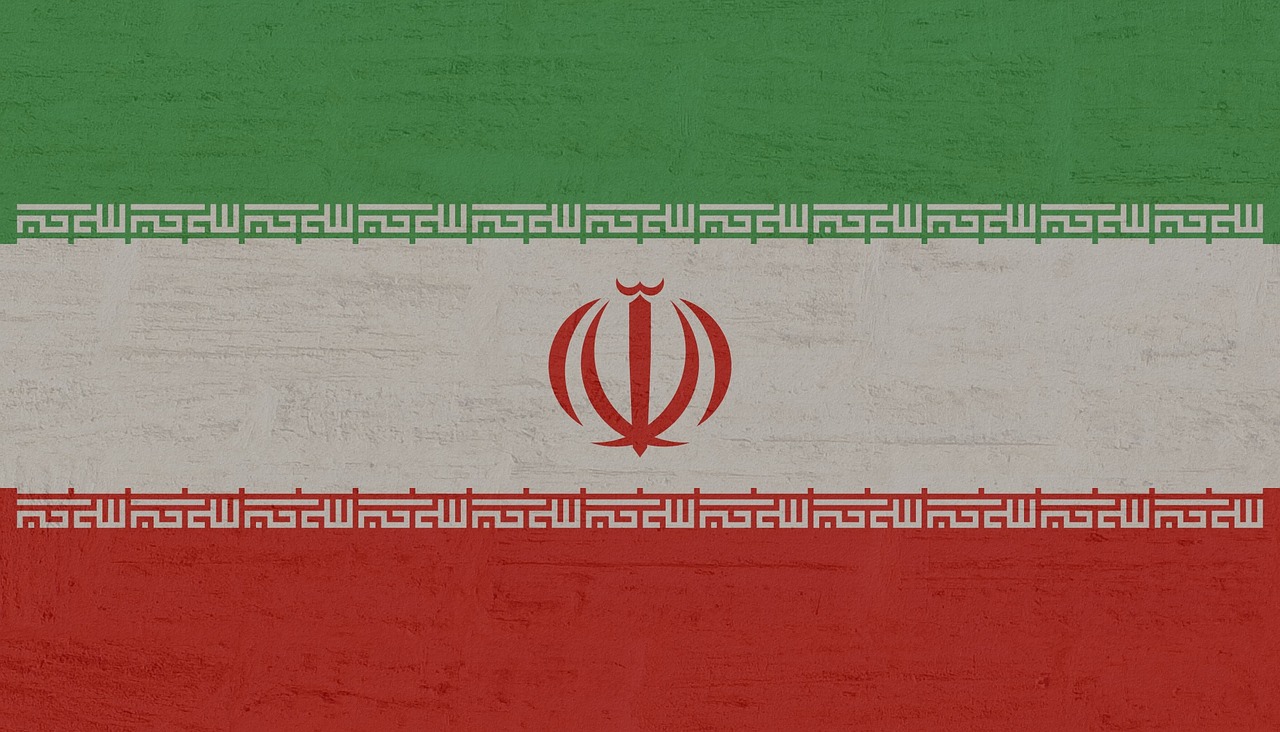
Europe’s Hard Line, America’s Shadow
Britain, France, and Germany pushed this move through, but no one doubts whose fingerprints are really on it. Europe wants to be seen as standing tall, but in reality, they are echoing Washington’s position. The Americans frame this as a matter of global safety, yet their record of tearing up deals has done more damage to trust than anything Iran has done. If diplomacy keeps being used as bait instead of a real solution, then sanctions will remain the only language spoken—and that is no language at all.
Tehran’s Anger and Isolation
Tehran has responded in its usual way, recalling ambassadors, warning of harsh consequences, and insisting it will not abandon the Non-Proliferation Treaty. But behind the bold words, the reality is grim. The rial has already collapsed to a record low, ordinary Iranians are bracing for another wave of hardship, and the leadership is backed further into a corner. Sanctions may be aimed at the government, but the punishment always lands hardest on the people.
The Winners and Losers
Israel wasted no time celebrating the move, calling it a “major development.” For Tel Aviv, every sanction is a small victory in the long game of containing Iran. Russia, meanwhile, calls the decision illegal, but Moscow’s voice carries little weight when Europe and America have already decided the outcome. The real loser is Iran, forced into deeper isolation while its neighbors tighten alliances against it.
What Diplomacy Really Means Now
European leaders say diplomacy is still alive, but what does that mean when talks always come with threats attached? To Iran, every negotiation feels like a trap, concede today, get punished tomorrow. Until there is a deal both sides are actually willing to respect, sanctions will keep coming back like a bad memory. The tragedy is that while governments argue about uranium and missiles, millions of Iranians are paying the price in their daily lives.

